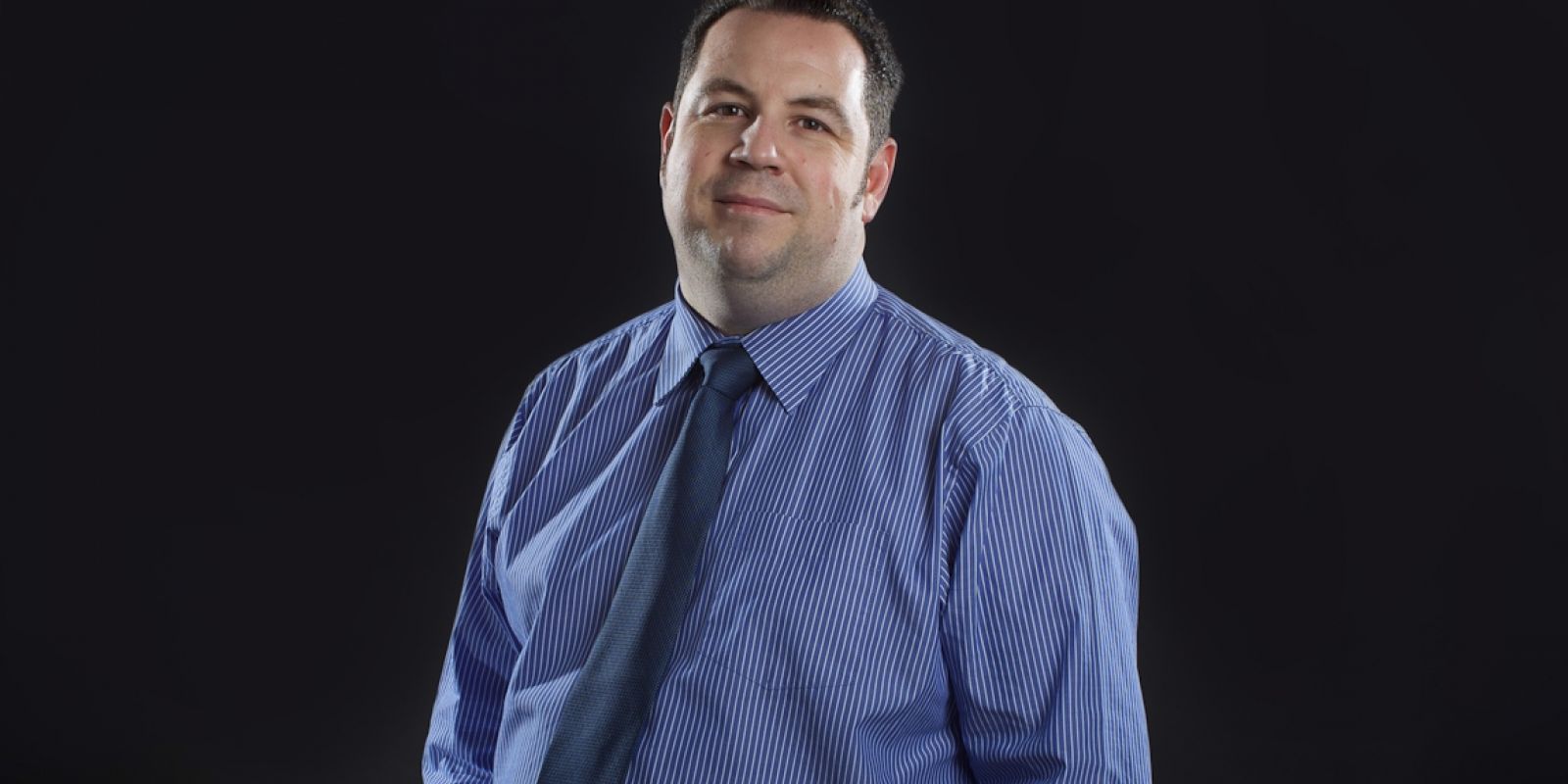How Can Greater Lincolnshire Contribute to the Energy Revolution?
Government policy Strategies & Plans BlogsAndrew Brooks explains how Greater Lincolnshire can lead the way on the green agenda.
Energy defines every part of our modern lifestyle. It lights, heats and cools our businesses and homes, it helps us to get from A to B, it makes us more productive in our daily lives, and it makes sure that we are entertained when we need to relax. Yet we take it for granted, until there is a problem and it doesn't work, or we cannot connect to it easily or cheaply.
It is also becoming increasingly safe, sustainable, reliable, affordable and accessible, but that is only part of the energy story. How to tackle the climate emergency, reduce the amount of carbon we use and release into the environment and at the same time encourage our economy and quality of life to grow – these are the wider questions raised by governments, businesses and wider society.
We are seeing the start of an energy transformation which will change the way we engage with energy, just as we have seen how mobile phones and apps have changed the way we view digital communications and lifestyle choices. People and businesses will have a wider range of energy options in the future, particularly in regard to getting value for money and showing an interest in where and how energy is generated. This will be fuelled by the Government's commitment to Net Zero. The newly published document from the LEP – An Energy Strategy for Greater Lincolnshire – aims to show how we will position ourselves in this regard.
The UK has become the first major economy in the world to pass laws to end its contribution to global warming by 2050, namely Net Zero. The target will require the UK to bring all greenhouse gas emissions to net zero by 2050, compared with the previous target of at least an 80% reduction from 1990 levels. The UK has already reduced emissions by 42% while growing the economy by 72% and has put clean growth at the heart of its Industrial Strategy. This could see the number of ‘green collar jobs’ grow to two million and the value of exports from the low carbon economy grow to £170 billion a year by 2030.
Businesses will need to be more competitive by eliminating waste and recycling or reusing resources to create a closed system. This is called the circular economy and it is an alternative to a traditional linear economy (make, use, dispose) in which we keep resources in use for as long as possible, extract the maximum value from them while in use, then recover and regenerate products and materials at the end of their life cycle.
With the increasing importance of Net Zero and the Carbon 2050 agenda, the way the circular economy works will make the difference in achieving carbon reduction, and the engagement of micro and small SMEs into this process will be crucial. The ability of house builders in Greater Lincolnshire to lead on the next level of sustainable housing developments, with the support of local plan policies, will also be necessary to reach the ambitious targets of Net Zero.
In terms of energy and mobility Greater Lincolnshire also connects many of the key national roads, rail and marine transportation links which provide vital logistics routes connecting east to west and north to south. Given the importance of these major links to all parts of the country, energy provision to power these mobility options is of paramount importance. Greater Lincolnshire will therefore need to investigate an integrated approach to the future of mobility which ensures that all of the above elements are considered and appropriate options can be delivered.
In future blog posts, I will look at how we propose to tackle all the issues mentioned above through the work the LEP has been carrying out in this area.
Andrew Brooks, Regeneration Manager at Lincolnshire County Council, is leading and supporting the Greater Lincolnshire Local Enterprise Partnership on how Greater Lincolnshire can play its part in greening the UK economy.


